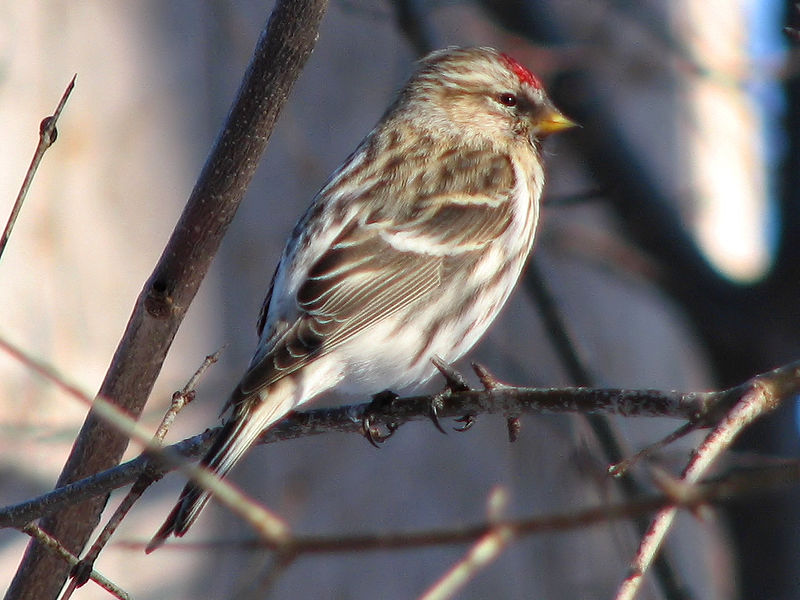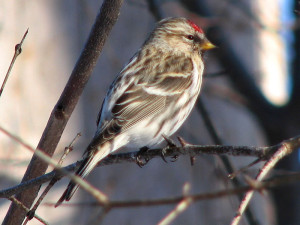It’s beautiful here in Rockville, MD, today as the snow continues to fall. Great day to huddle by the fire with a good book and watch the birds visiting our feeders. The winter storm (if it can be called that) has brought the birds out in droves (titmice, juncos, nuthatch, chickadees, cardinals, sparrows, wrens, redpolls, blue jays, downy woodpeckers, and a few crows). A quick reminder to my fellow backyard avian enthusiasts about the need to keep your backyard feeders clean all year-round, but particularly during the winter months, when more songbirds are likely to visit. An investigation this past year of mysterious deaths of common redpoll birds across New York attributed the deaths to a salmonella outbreak. Redpolls are reportedly more susceptible to salmonella than other birds during winter months. Salmonella is common in wild birds, but can be spread more rapidly when large numbers of birds congregate at contaminated feeders. Keep your eyes open for sick birds, which, according to WildCare
May be lethargic, puffed up and thin and may have swollen eyelids. A bird sick with Salmonella poisoning may also be seen resting with beak tucked under wing, and may be the last bird to take flight if the flock is startled. You can tell these sick birds don’t feel very good!
The best practice to minimize the spread of salmonella is to periodically clean your feeder with a disinfecting agent (9 parts water one part bleach), and frequently change out the water in bird baths. The WildCare link above also provides helpful guidance on what to do if you think you have a sick bird at your feeder.
[Photo of Common Redpoll by Gordon Peterson, Wikimedia Commons]


